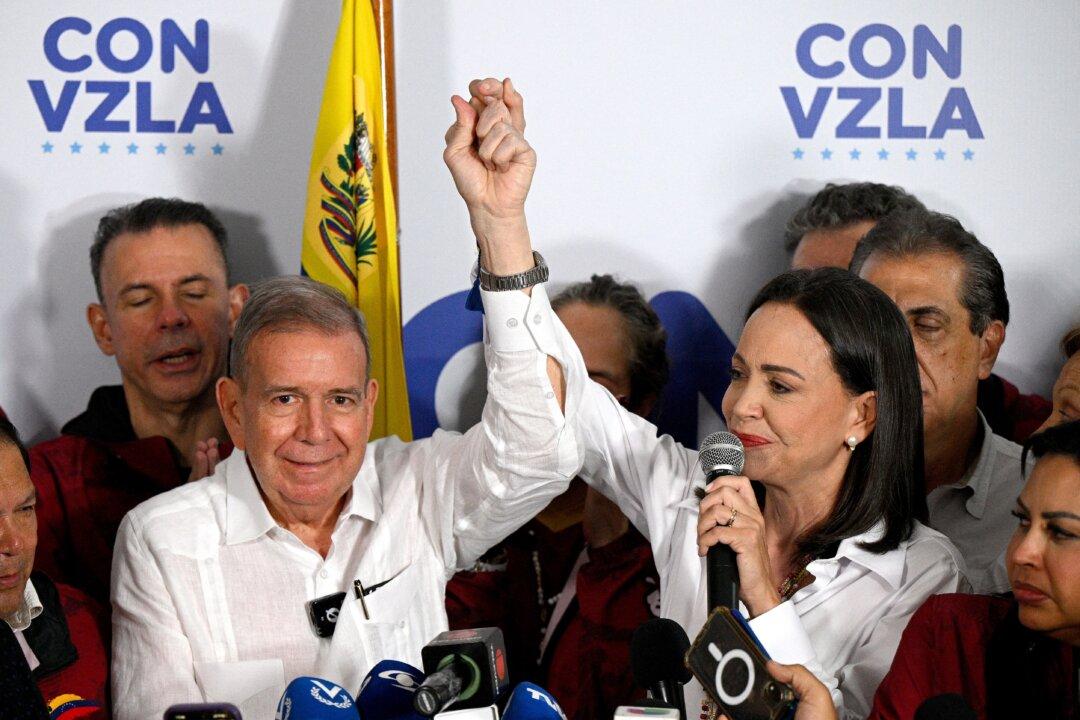The United States has called on Venezuela to release data from its July 28 election.
The Biden administration called for Venezuela’s National Electoral Council to publish a tabulation of the votes from the precincts.

The United States has called on Venezuela to release data from its July 28 election.
The Biden administration called for Venezuela’s National Electoral Council to publish a tabulation of the votes from the precincts.